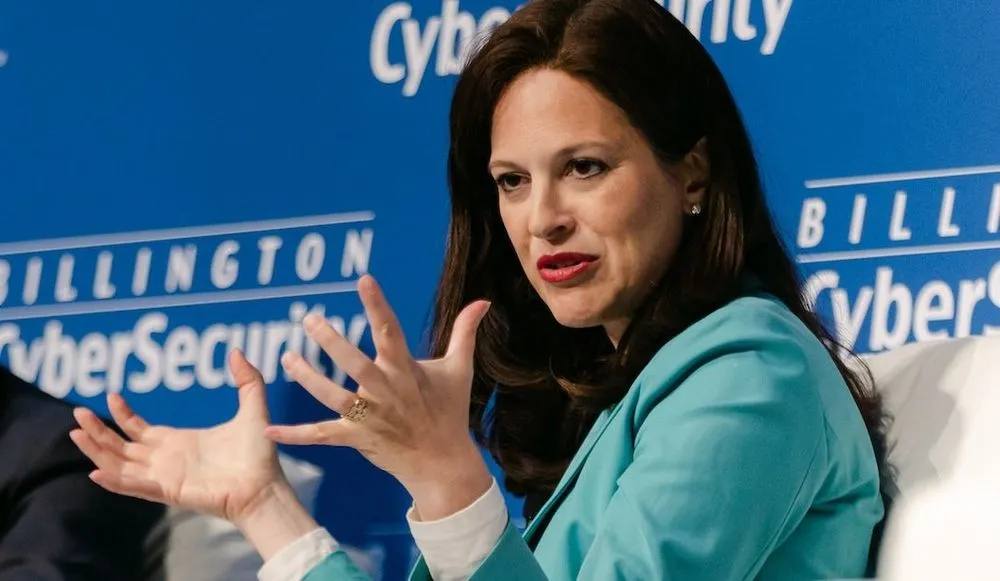Neuberger: New global initiatives will include information sharing, ransomware payment tracking
A global coalition of government cybersecurity leaders will announce efforts to boost information sharing about digital threats and take on nefarious cryptocurrency payments when they convene in Washington next week, a senior White House official said on Tuesday.
The Biden administration is set to host officials from 50 countries next week for its International Counter Ransomware Initiative (CRI) where participants will unveil a number of “deliverables,” Anne Neuberger, the deputy national security adviser for cyber and emerging technologies, said at a Council on Foreign Relations event in Washington.
Recorded Future News first reported last month that the White House is expected to urge attending governments to issue a joint policy pledge announcing they will not pay ransoms to cybercriminals.
“We're not quite there yet, because when you have 50 countries it's going to be up to the last high wire moment,” Neuberger said.
“There isn't a global norm today around, ’Should ransom payments be made during a cyberattack?’” she added. “And I think what we're saying is, yes, we could ideally bring this to a U.N. process for a new norm or we can try to work it in this more purpose-built international partnership to start establishing that norm ... we're seeing it takes quite a bit of negotiation to get there because there's such a diversity of members.”
Besides the pledge, Israel will announce it is establishing an information sharing platform “where countries can commit to rapidly sharing that after a major incident,” according to Neuberger. At the event, she said Lithuania would also create a platform, but White House officials later contacted Recorded Future News to say that she misspoke, and the other country instead will be the United Arab Emirates.
“Our goal is that an attack can't be replayed again and again.”
Participants will also roll out new steps to pierce the veil of transparency around cryptocurrency.
“We haven't previously shared bad wallets, information regarding wallets on the blockchain that are moving illicit, ransomware-related funds,” Neuberger said, adding the data would be shared with treasury departments around the world with “the hope that countries operating virtual assets service providers can block that.”
Editor's Note: Updated 9:15 a.m. October 25 with a clarification from the White House.
Martin Matishak
is the senior cybersecurity reporter for The Record. Prior to joining Recorded Future News in 2021, he spent more than five years at Politico, where he covered digital and national security developments across Capitol Hill, the Pentagon and the U.S. intelligence community. He previously was a reporter at The Hill, National Journal Group and Inside Washington Publishers.



